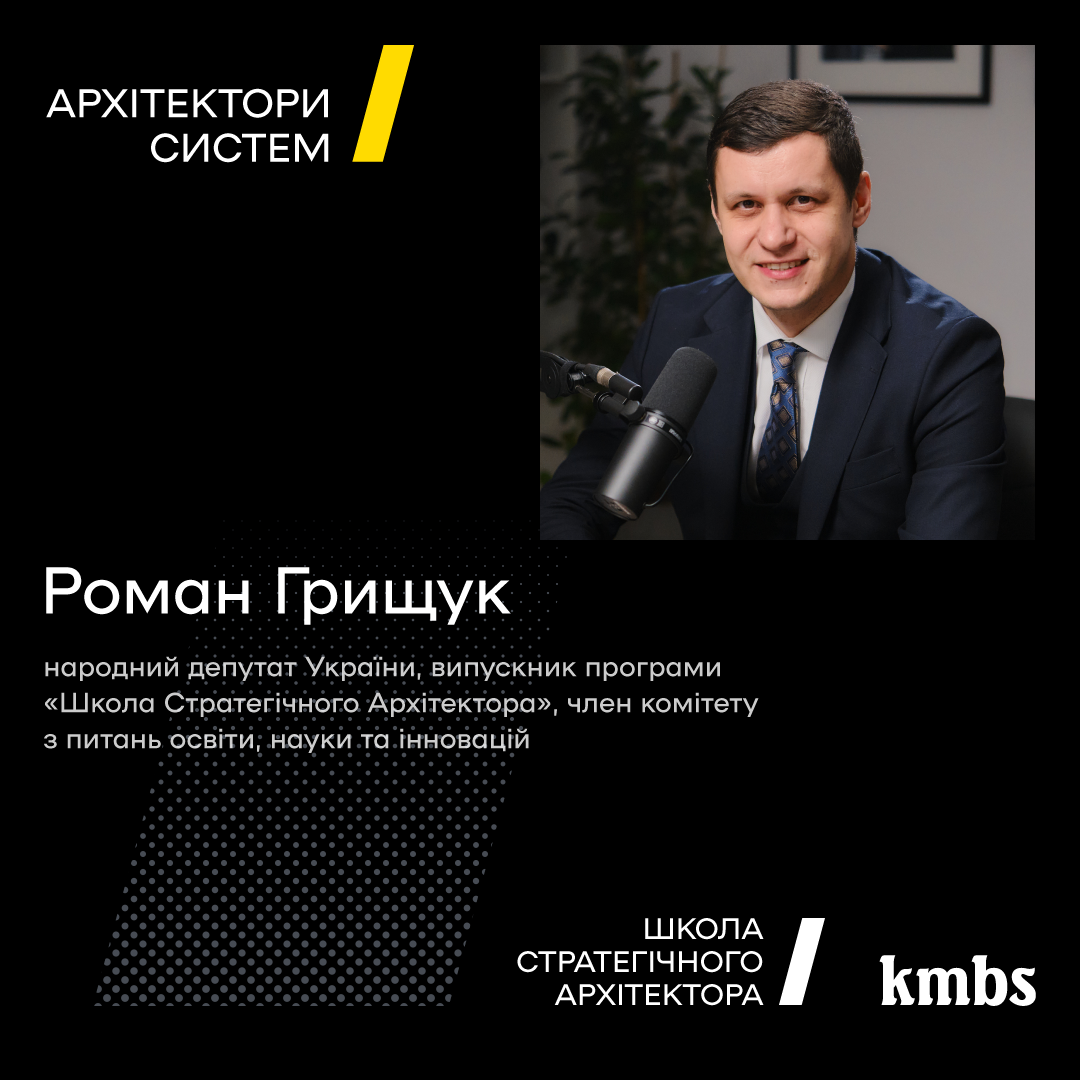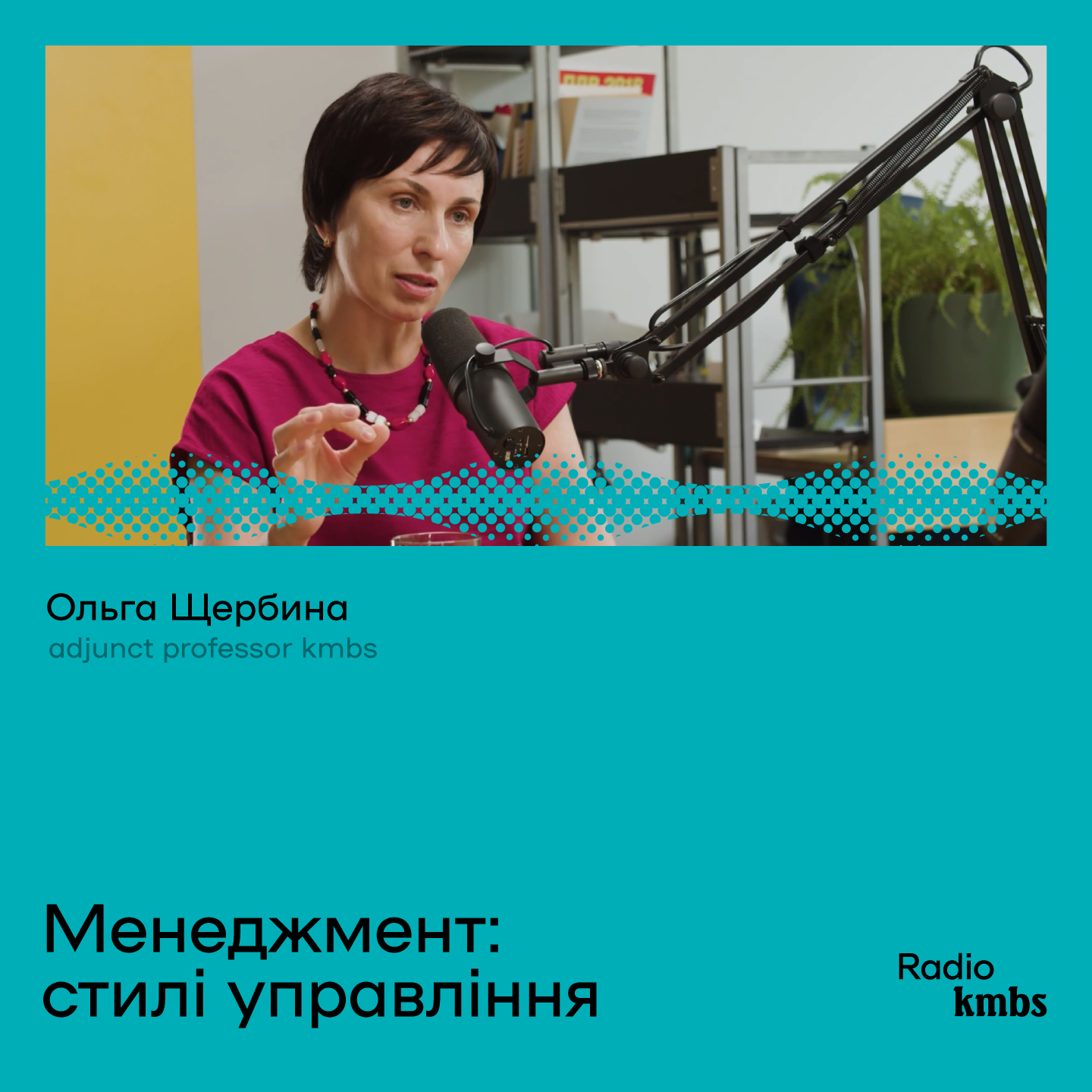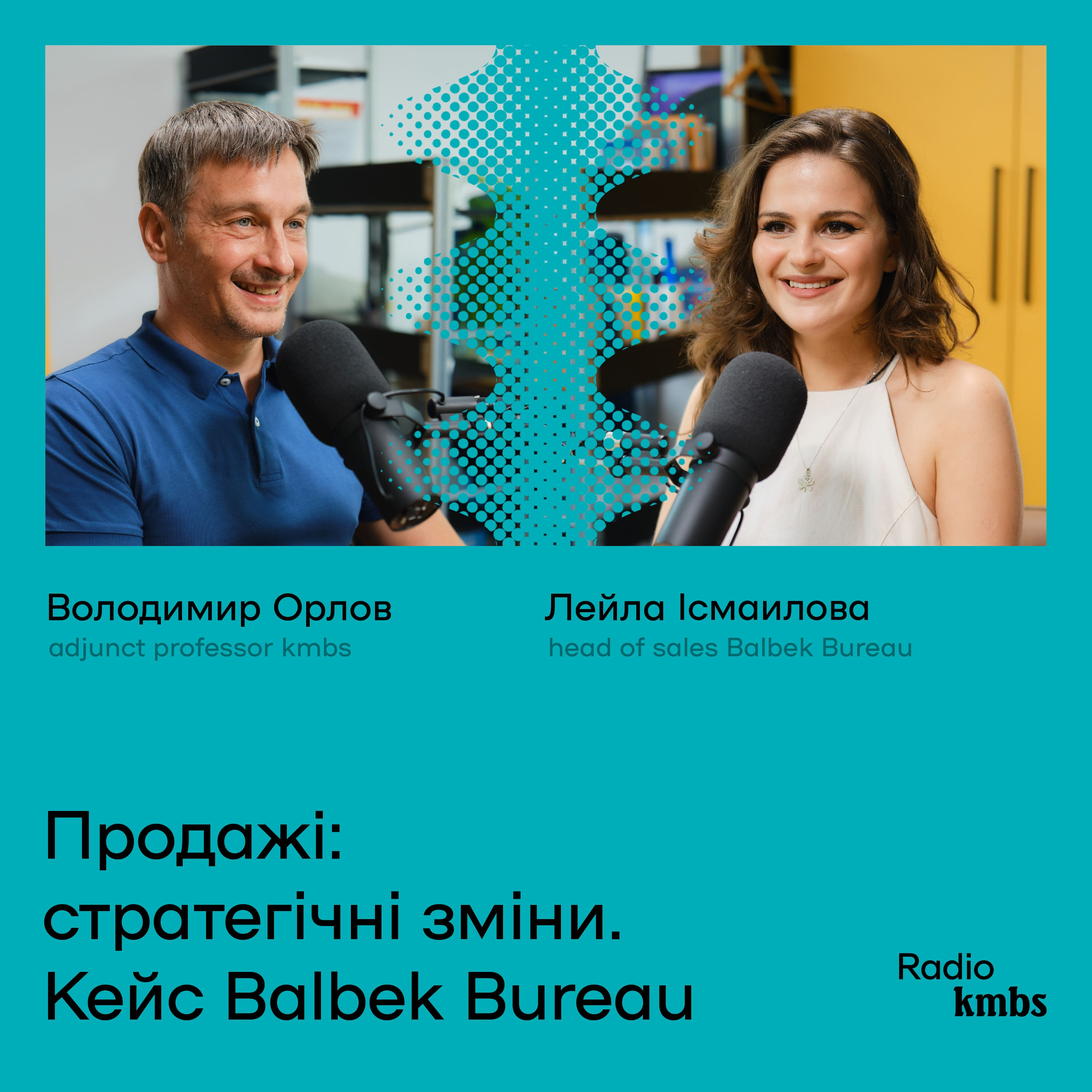Learn first
KMBS latest news in real time

For the latest KMBS events and news, visit KMBS Live at the top right corner of the screen
Open kmbs live 04.05.2022
04.05.2022 3410
3410 4min
4minEarly Preparation
Over the last months, my colleagues and partners and I have tried to create conditions for people with disabilities and other vulnerable groups to be aware of and protected in the event of a full-scale war. I remember how in the fall of 2021 we raised the issue of accessibility of bomb shelters for low-mobility groups in Kyiv. Realizing the critical situation and the importance of acting immediately, together with the Kyiv City Council Commissioner for the Rights of Persons with Disabilities, we worked to introduce inclusiveness and accessibility in the city. We insisted that the relevant services involve people with disabilities and members of low-mobility groups in monitoring the condition of civil protection facilities. For example, if a particular metro station is architecturally accessible, it should be listed as an architecturally accessible shelter, and the same should be communicated to the low-mobility population of the area.
In February, together with the Department of Social Rehabilitation and Social Pedagogy of Taras Shevchenko National University, we developed Feel safe and be safe!, the guidelines for people with disabilities and the elderly to prepare and act in a state of emergency. The uniqueness of this manual is also that it is adapted to Inclusive IT and is available for reading by blind people. One can read the guidelines by following the link. We heard different opinions about instilling panic, but I knew what problems people with disabilities faced in 2014, and I understood that such situations could happen again. Unfortunately, that’s exactly what happened.
We also discussed an action plan with my family and packed an emergency suitcase and a first aid kit. We thought over what we would do if we were in different parts of Kyiv at the beginning of the war; where we would meet if there was no connection; how to act if we get stuck in a traffic jam, etc. All these aspects are necessary to avoid petrifaction in a difficult situation. However, we still hoped there would be no full-scale war, that the accumulation of troops at the borders was a way to attract attention and to disseminate panic. We believed in the best and prepared for the worst.
First and Subsequent Initiatives
Despite all the preparations, the beginning of the war came as a shock to me. I quickly evacuated the family and helped evacuate the members of the team who needed it (most of them are people with disabilities). And then we resumed work: we didn’t panic, and I felt mentally ready to act.
The most important thing, in my opinion, is that we did not focus on what we personally should do, but entered into various partnerships with other organizations and initiatives. It was nice to see how quickly people got organized and started doing everything necessary for mutual support and assistance.
For example, together with Domino’s Pizza, we started providing hot pizza to people free of charge. This was important because the previous social service system was no longer balanced, and sometimes people with disabilities and other vulnerable people sat without food in basements or bomb shelters. As part of this initiative, thanks to Domino’s Pizza and volunteers, approximately 4,000 pizzas were distributed daily during the first 12 days of the war.
The kmbs community chat flashed with messages. Many came up with various important ideas. Among them was information about eDopomoha (eAssistance), the project of the Ministry of Social Policy of Ukraine. Initially, it was a regular Excel file where information about people’s needs was entered. And then it took the form of a solid platform.
The Ministry of Social Policy has taken into account our recommendations for providing assistance to people with disabilities. It was important for us that everyone’s needs were taken into account. Currently, a powerful platform has been created that unites the capabilities of Ukraine, international non-governmental organizations and volunteers in targeted humanitarian aid and provides an opportunity for every citizen to help people from vulnerable categories and those affected by the war.
I remember when the Zhytomyr highway was blocked and the entrances to Kyiv were shot by the orcs, my friends from ATB and I organized the delivery of hundreds of kilograms of essential products to organizations that were left without supplies and logistics. It was important that the products came to those who needed them the most.
I was also pleased to join and provide recommendations for the Luxoptica project on free vision testing for the soldiers. As of April 17, 27,412 contact lenses and solutions, 2,880 optical lenses and frames were given free of charge to those defending their homeland, and 1,244 servicemen had their eyesight checked at Luxoptica outlets in various cities of Ukraine.
Now, we are implementing an initiative with Gelius as part of the Cluster of Kindness project. For people who are visually impaired or blind, sound is one of the main ways to perceive the world. And during the war, a charged and working phone can save lives. In this project, we are distributing headphones and other gadgets to visually impaired people, children with disabilities, and low-income families.
We are also working on launching a project to record Russia’s war crimes against people with disabilities. We want to include all these cases in the case file against Russia, which will be considered by the international court. This difficult page of history must not be forgotten, and those who committed crimes must be held accountable before the court and the people of Ukraine. Due to the support of ISEI and MacPaw, we already have most of the digital equipment that will ensure the quality work of the project.
Meanings for the Future
Today, all of us are a single mechanism that works for our victory. For me, the most important thing is to create meanings that will help build up the country when a peaceful life comes. In his book Man’s Search for Meaning, Viktor Frankl noted that the most difficult thing for survivors was to survive liberation. After all, it was necessary to find answers to the question, What will happen next? For many citizens, the war will bring about drastic changes in their lives. This is why we have to think about it now. How will the country function? What will we do? How are we to live?
The key to victory is faith in what we are fighting for; a clear vision of the future we want for our children. This is something that Russians do not have because the meaning of their lives is looting. Our meanings are radically different — to change the country, to rebuild it and make it even better than it used to be.
I believe that introducing a diversity and inclusion approach to public life is one way to move to a new paradigm. It is an opportunity to build an environment of dignity and respect, an environment where inclusion and diversity are a condition for the development of a society that seeks to create prosperity for every citizen. These values are significant and apply not only to civil society but also to most businesses. And I sincerely believe that after our victory as united as we are now we will also rebuild our country.
Glory to Ukraine!










